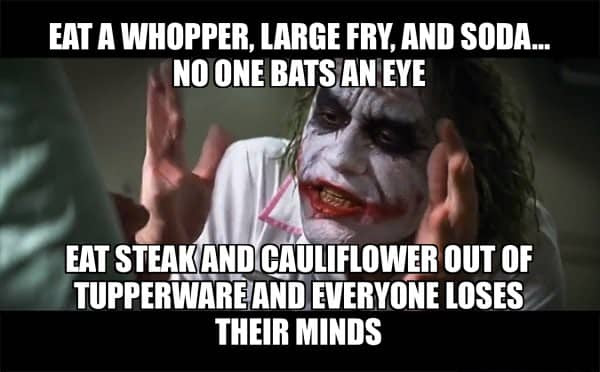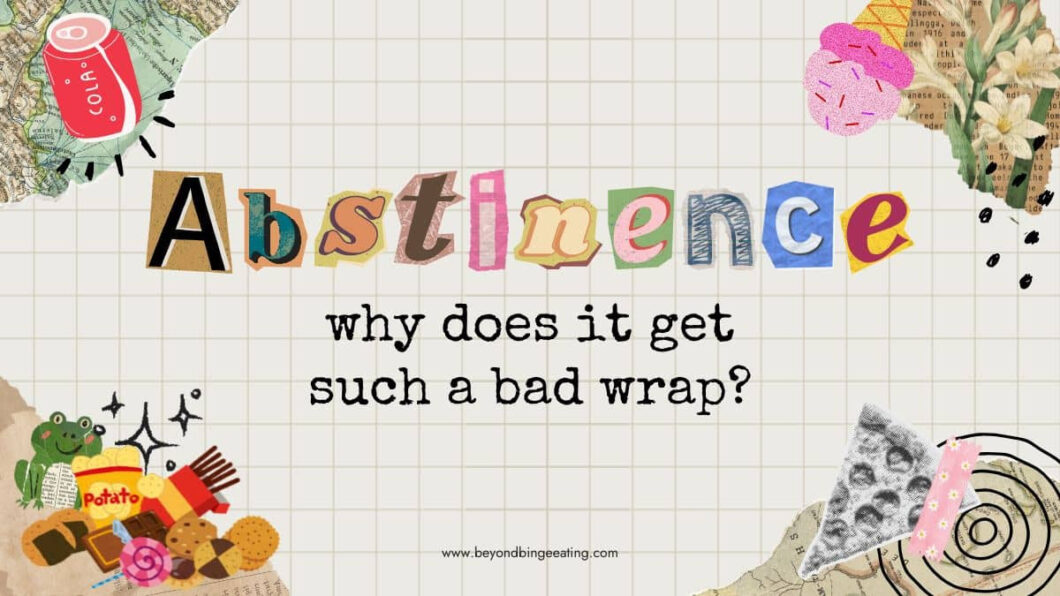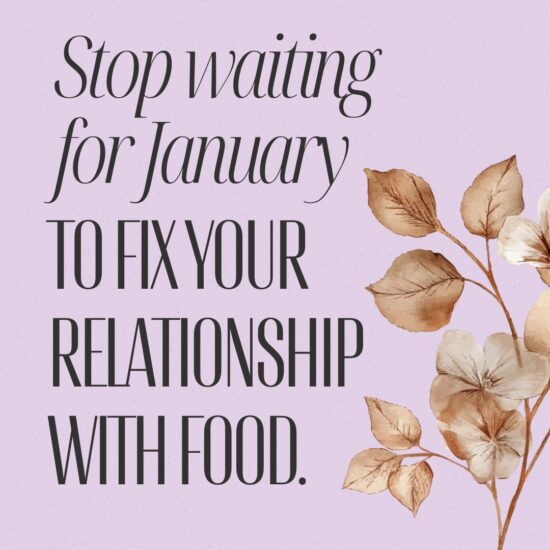Have you ever wondered why food abstinence benefits are rarely discussed in mainstream conversations about health and wellness? Despite the clear advantages, food abstinence often gets unfairly judged and misunderstood in our indulgence-focused culture.
First and foremost, it’s important to clarify that food addiction lacks formal recognition in the DSM-V. However, many people struggle with food-related behaviors that mirror addiction patterns. Interestingly, abstinence is widely accepted as an effective treatment for various addictions, particularly for substances like drugs and alcohol. Yet, when it comes to food, those who practice abstinence often do so quietly, without public acknowledgment or support.
In fact, I cannot recall a single celebrity openly identifying as a recovering food addict who maintains an abstinent lifestyle. This silence only reinforces the stigma and misconceptions about food abstinence benefits.
Today’s Indulgence Culture vs. Food Abstinence Benefits
Our modern society highly values freedom of indulgence. Consequently, we celebrate sensory pleasures, exotic food experiences, and living without restrictions. Moreover, younger generations like Gen Z appear increasingly drawn to hedonistic pursuits, with unprecedented social media usage fueling the desire for adventure and experience.
Against this backdrop, the food abstinence benefits can seem particularly restrictive or even outdated. But here’s the critical distinction we must make: what looks oppressive isn’t necessarily what is oppressive.
For someone struggling with food-related issues, abstinence isn’t a prison—it’s liberation. Furthermore, if abstinence provides balance for someone who might otherwise struggle with food, shouldn’t we support rather than judge their choice?
The True Freedom Found in Food Abstinence Benefits
Ironically, we live in times where staying up all night partying and eating whatever you want is celebrated as “freedom,” while those who choose measured quantities, avoid sugar, eat prepared meals, abstain from alcohol, and maintain regular sleep schedules are sometimes viewed as “unhealthy” or “restrictive.”
However, the food abstinence benefits include:
- Mental clarity that comes from stable blood sugar and consistent nutrition
- Emotional stability from removing triggering substances and environments
- Physical wellness through intentional, nourishing food choices
- Genuine freedom from obsessive thoughts about food
- Restored relationships with both food and people
The truth is, abstinence when chosen freely and practiced mindfully, creates space for true joy and balance. Additionally, it can provide structure and safety for those who otherwise find food overwhelming.
Why Food Abstinence Benefits Are Often Misunderstood
Many people misinterpret food abstinence as deprivation or an unhealthy restriction. However, for those who identify as food addicts or struggle with binge eating, the food abstinence benefits represent the opposite of restriction—they offer freedom from constant mental preoccupation with food.
When someone chooses abstinence, they’re not giving up joy—they’re creating space for more meaningful pleasures beyond food. Furthermore, they’re often reclaiming countless hours previously spent obsessing about, planning around, or recovering from problematic eating.

The Science Behind Food Abstinence Benefits
While controversial in some circles, emerging research suggests that certain foods may trigger addiction-like responses in susceptible individuals. These include:
- Processed foods high in refined carbohydrates
- Sugar and artificial sweeteners
- Foods combining high fat and high sugar content
- Ultra-processed food products
For people sensitive to these substances, the food abstinence benefits can include neurochemical balance, reduced cravings, improved mood stability, and better cognitive function. Additionally, many report significant improvements in anxiety and depression symptoms when practicing food abstinence.
Practicing Respect for Different Recovery Paths
Can we respect each other’s choices? If you’re happy with your food choices, that’s wonderful. Similarly, if I find peace and health in my abstinent approach, that deserves respect too.
The food abstinence benefits aren’t about judgment or superiority—they’re about finding what genuinely works for individual recovery and wellness. Furthermore, different approaches work for different people, and that’s perfectly okay.
Note: When discussing food abstinence, I’m not referring to sexual abstinence. Instead, I’m addressing the constellation of lifestyle factors that support food abstinence, including: sobriety from alcohol and drugs, avoiding environments centered around substance use, prioritizing adequate sleep, and engaging in inner work through therapy and self-reflection.
Finding Support on Your Abstinence Journey
If you’re exploring the food abstinence benefits and need guidance, you’re not alone on this path. Many have found freedom through abstinent living and recovered from disordered eating patterns.
At Beyond Binge Eating, I understand the unique challenges and rewards of abstinent living. Therefore, I offer several resources to support your journey:
- 1:1 Recovery Coaching for personalized guidance
- Free Recovery Resources to get started
- The Beyond Binge Eating Podcast for ongoing inspiration
Abstainers, unite! If you’re looking for support on your abstinence journey, I’m here to help. Moreover, I’d love to hear about what you’re working on and how I can support you.
Apply for 1:1 Recovery Coaching today, or contact me with any questions.
Are you ready to discover the transformative food abstinence benefits for yourself? Sign up for my Recovery Newsletter and receive regular inspiration and practical tips.
For those just beginning to explore mindful eating, I’ve created The Eat-With-Awareness Bundle – a free resource for women who want to stop the chaos and eat with awareness.
Remember, your path to recovery is unique, and abstinence might be the key to finding the freedom you’ve been seeking. Furthermore, you deserve support on this journey, regardless of which approach works best for you.
Learn more about my approach and how I can help you embrace the powerful benefits of mindful, abstinent living.
Curious about how food abstinence benefits might transform your relationship with food? Reach out today to discuss whether this approach could be the missing piece in your recovery journey.




